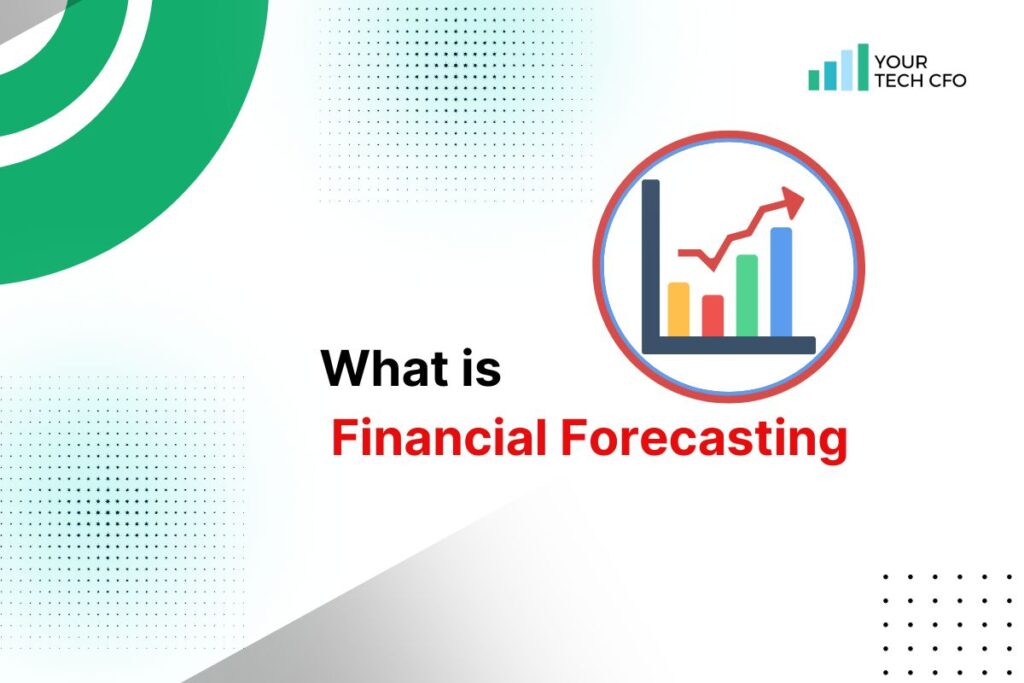
Have you ever wished you could see into the future of your business’s money? Well, that’s exactly what financial forecasting tries to do! Let’s explore this important tool that helps businesses plan for tomorrow.
Financial forecasting is like being a weather forecaster, but for money instead of rain or sunshine. It’s a way for businesses to guess how much money they might make or spend in the future. This helps them make smart choices about what to do next.
Why is Financial Forecasting Important?
Imagine driving a car without looking at the road ahead. That would be pretty dangerous, right? Running a business without financial forecasting is kind of like that. Here’s why it’s so important:
- It helps businesses plan ahead
- It can spot money problems before they happen
- It helps make better decisions about spending and saving
- It can show if a business idea might work or not
How is Financial Forecasting Different from Budgeting?
People often mix up forecasting and budgeting, but they’re not the same thing:
- Budgeting is like making a plan for how you want to spend your money
- Forecasting is trying to guess what will actually happen with your money
For example, you might budget $100 for ice cream next month because that’s how much you want to spend. But if you forecast, you might guess you’ll actually spend $150 because it’s going to be a hot month!
How Do Businesses Do Financial Forecasting?
There are several ways to do financial forecasting. Here are some common methods:
1. Looking at Past Money Trends
This is like guessing tomorrow’s weather by looking at what happened in past years. If a business made more money each summer for the last five years, they might guess they’ll make more money this summer too.
2. Asking Experts What They Think
Sometimes businesses ask people who know a lot about money or their industry to guess what might happen. It’s like asking a weather expert if they think it will rain next week.
3. Using Computer Programs
There are special computer programs that can look at lots of information and make guesses about the future. These can be very helpful, especially for big businesses with lots of numbers to look at.
4. Making Different “What If” Guesses
This is where businesses think about different things that could happen and how they might affect money. For example, “What if we raise our prices?” or “What if a new competitor opens nearby?”
What Things Do Businesses Try to Forecast?
When doing financial forecasting, businesses usually try to guess about:
- How much money they’ll make (sales or revenue)
- How much money they’ll spend (expenses)
- How much cash they’ll have (cash flow)
- How much profit they might make
How to Make Good Financial Forecasts
Making good guesses about the future isn’t easy, but here are some tips:
- Use good information: The better the information you start with, the better your guesses will be.
- Don’t just guess once: Make several different guesses based on different possible futures.
- Keep checking and updating: As time passes and things change, update your forecasts.
- Be honest: Don’t just pick the guess you like best. Try to be realistic.
- Learn from mistakes: If your forecast was wrong, try to understand why and do better next time.
Common Mistakes in Financial Forecasting
Even smart people can make mistakes when trying to predict the future. Here are some common ones to watch out for:
- Being too optimistic: It’s good to be hopeful, but don’t ignore possible problems.
- Forgetting about outside factors: Things like changes in the economy or new laws can affect your business.
- Not updating forecasts: The world changes fast, so your forecasts need to change too.
- Ignoring past trends: What happened before can give big clues about what might happen next.
- Making things too complicated: Sometimes, a simple forecast can be better than a very complicated one.
How Often Should Businesses Do Financial Forecasting?
How often a business should do financial forecasting depends on a few things:
- How big the business is
- How fast things are changing in their industry
- What the forecast is being used for
Some businesses might do a big forecast once a year and then update it every month or even every week. The important thing is to do it often enough to help make good decisions, but not so often that it takes up all your time!
Tools for Financial Forecasting
There are many tools that can help with financial forecasting:
- Spreadsheet programs like Microsoft Excel or Google Sheets
- Special forecasting software
- Accounting software that includes forecasting features
- Online calculators and templates
The best tool depends on how big your business is and how detailed you need your forecast to be.
Conclusion
Financial forecasting might sound complicated, but it’s really just about making educated guesses about your business’s financial future. By using past information, expert knowledge, and careful thinking, businesses can get a better idea of what might happen next.
Remember, no one can predict the future perfectly. The goal of financial forecasting isn’t to be exactly right, but to be prepared for what might happen. It’s like bringing an umbrella when the weather forecast says it might rain – you’re ready just in case!
